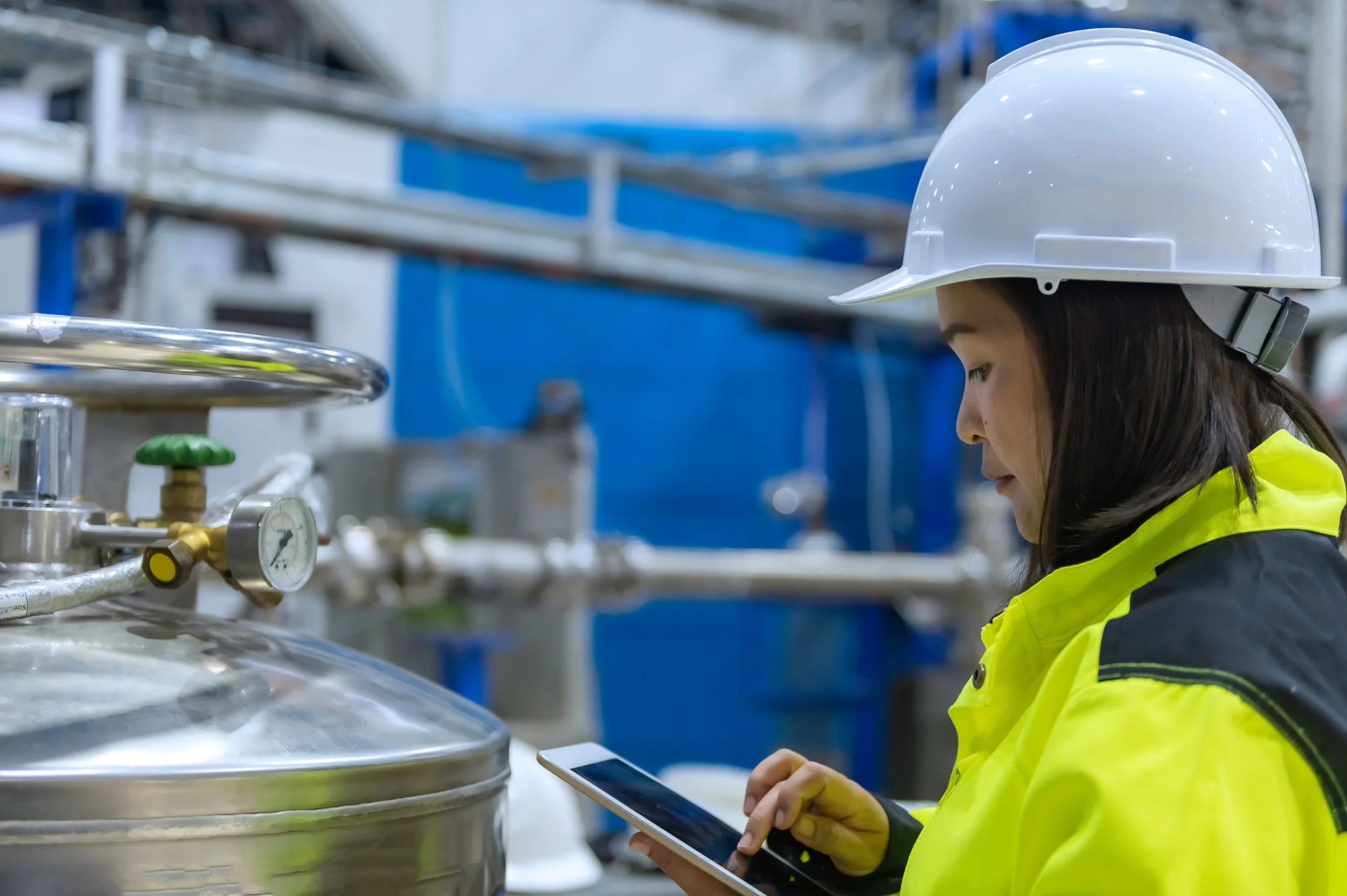
Integration of Economic Competitiveness, Renewable Electricity, Safety, and Social License
Integrate It
Supporting a Successful Renewable Fuel Transition
A truly sustainable transition to a renewable fuel industry must balance economic, social, and environmental goals. This research theme is designed to ensure that the renewable fuel industry in Australia meets these expectations by integrating complementary research across several key areas.
Theme Leader
Michael Brear
Deputy Leader
Dr Rahman Daiyan
Our work supports and enhances the efforts of our foundational science and engineering themes by focusing on:
Integrated Technical and Economic Performance
Evaluating the efficiency and cost-effectiveness of renewable fuel supply chains.
Public and Environmental Safety
Ensuring that renewable fuel transition strategies prioritise safety for communities and the environment.
Social Acceptance
Understanding and promoting public support for renewable fuel technologies and infrastructure.
Integrate It
Deliver transparent techno-economic and virtual modelling that assesses the impact of technological development on the potential uptake of green fuels.
Develop and demonstrate ultra-efficient electrical power conversion and control systems that reduce aging and enable flexible electrolyser operation with renewables, significantly reducing the cost of renewable fuels.
Deliver new and validated simulation and safety tools that enable new paradigms in safe and lower cost green fuel supply chains and then use these tools to inform the development of new safety standards.
Develop new knowledge on the most suitable metals/alloys and polymers for use in key green fuel system components at high temperatures and pressures.
Provide strategies promoting the equitable distribution of social benefits and approaches to manage impacts for major green fuel projects, contributing to a robust evidence-base to support industry and policy development.
Sub-Themes
This theme is organised into six interconnected sub-themes, each addressing critical aspects of the renewable fuel transition. By integrating these research areas, we aim to create a robust, accepted, and sustainable pathway for Australia’s shift to renewable fuels.
-
This sub-theme will develop open-source, techno-economic modelling tools to evaluate and optimise Australian green fuel supply chains, including hydrogen, ammonia, e-SAF, methanol, and natural gas. It will benchmark current ‘business-as-usual’ costs, assess the sensitivity of each supply chain step, and establish performance targets to guide research and development from other themes. The modelling will consider both present-day and future scenarios, incorporating learning rates to project cost and environmental improvements over time. Key outputs will include metrics on production cost, emissions footprint, and marginal abatement cost, supporting policy, certification schemes, and investment decisions.
Expected Outcomes: Techno-economic tools and determinations of the cost-competitiveness of different green fuel options that inform the development of innovative and disruptive research and technologies undertaken in the Centre.
-
This sub-theme will develop and validate virtual simulations of several renewable fuel process pathways to quantify feedstock requirements (including renewable energy), product outputs, and energy conversion efficiencies amongst others. The virtual simulations will include both steady-state and transient models that consider dynamic operation with variable renewable energy inputs.
Expected Output: Simulations of the production and processing of green fuels to inform techno-economic analysis and technology development across Themes 1 and 2.
-
This sub-theme will study and develop new, modular power converter designs and innovative Energy Management Systems (EMS). Electrical power converters play a pivotal role in the production of renewable fuels, as well as their processing and handling, by controlling the flow of renewable electricity into the system. As all the renewable energy needed to produce the green fuel typically passes through the power converters, energy-efficiency and reliability are critical. Flexible power conversion via the EMS is also crucial to managing the intermittency of renewable electricity.
This sub-theme will also research innovative solutions to power supply at the individual electrolyser scale; specific objectives are to provide efficiency gains using energy recovery and enhance individual electrolyser performance.
Expected Outcomes: New, highly energy-efficient, low-cost power electronic designs that are highly flexible.
-
This sub-theme will develop safety design tools that identify safe operating regimes under extreme conditions in green fuel devices, considering safety events like:
(1) Plume dispersion and ignition risks from leaking of green fuels (hydrogen, ammonia, methanol, SAF), including determining minimum separation distances for public/environmental safety. We will consider ranges in conditions, the potential for atmospheric oxygen to condense with cryogenic hydrogen leaks and different ignition sources.
(2) The inevitable crossover of hydrogen and other green fuels into oxygen and air process streams, potentially resulting in ignition, deflagration (‘burning’) and detonation risks at previously unexamined concentrations, temperatures and pressures, e.g. in electrolyser separators, cryogenic systems and high pressure and/or high temperature processing.
(3) Failure of pressure relief systems via unintended auto-ignition during pressure relief events, as can occur via shock induced ignition after a pressure relief element releases high pressure green fuels into a vent line.
Expected Outcomes: New, validated simulation and safety tools that will be used by Themes 1 & 2, and our POs to avoid risks in green fuel systems at extreme conditions, and to inform the development of green fuel safety standards.
-
This sub-theme will develop materials testing methodologies. These will be used to systematically and practically assess the resistance of various polymers, metals, and metal alloys to the specific conditions employed in high temperature and pressure green fuel production and processing.
This sub-theme will additionally use this knowledge to design, develop, and commission test reactors and ancillary components for operation under the specific non-standard conditions employed in green fuel production and processing.
Expected Outcomes: High temperature and pressure test reactors, components and associated power supply algorithms, materials degradation data and appropriate control regimes to reduce energy consumption and aging effects.
-
This sub-theme will focus on engagement related to the fast scale-up of the green fuels industry. It will include deliberate and extensive stakeholder engagement to anticipate and navigate social and cultural challenges. This will include exploring the equitable distribution of benefits. The sub-theme includes on-the-ground qualitative research with relevant industry, government, workers and community. This will be combined with analysis of techno-economic-, investment-, employment-, environmental- and spatial- data.
The sub-theme will evaluate uneven regional development, employment and planning impacts. It will document employment outcomes in specific regional settings and track the degree to which regional labour market inequalities are ameliorated, maintained, or worsened, with the advent of new renewable fuels industries.
Expected Outcomes: Mechanisms to manage consequences, trace and navigate social & environmental effects & risks, and partnership methods to promote equitable distribution of benefits supporting fast scaling of the green fuels industry.











